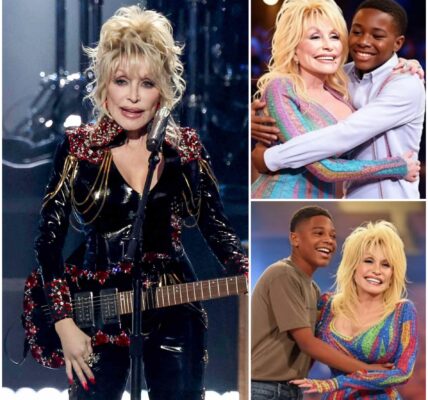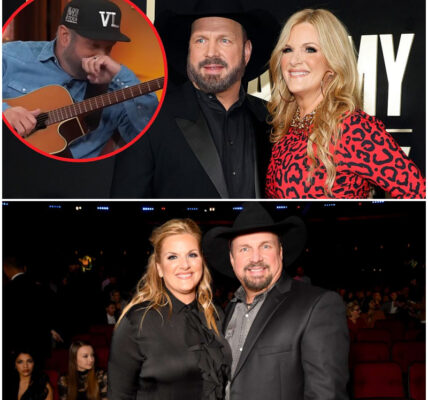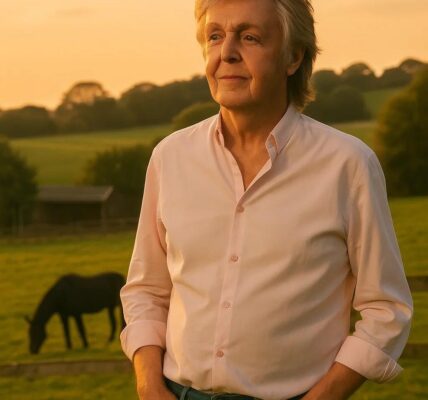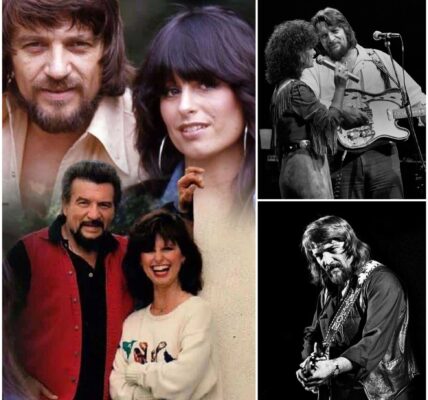Waylon Jennings and “The Day the Music Died”: The Choice That Saved His Life but Haunted Him Forever
Waylon Jennings and “The Day the Music Died”: The Choice That Saved His Life but Haunted Him Forever
On the freezing night of February 3, 1959, tragedy struck near Clear Lake, Iowa, when a small Beechcraft Bonanza carrying three of rock and roll’s brightest young stars—Buddy Holly, Ritchie Valens, and J.P. “The Big Bopper” Richardson—crashed into a snow-covered cornfield, killing everyone on board. The loss sent shockwaves through the music world and would forever be remembered as “The Day the Music Died.”
Yet behind the grief lay a haunting twist of fate: Waylon Jennings, then a 21-year-old bass player touring with Buddy Holly, was supposed to be on that plane. A last-minute decision to give up his seat would save his life but leave him carrying the weight of that night for the rest of his days.

A Young Musician’s Chance of a Lifetime
Waylon Jennings was still carving out his place in the music scene when Buddy Holly invited him to join the Winter Dance Party Tour. For the young Texan, the chance to perform with Holly—already a rock and roll sensation—was both an honor and an opportunity.
But the tour itself was grueling. The bitter Midwest winter made travel difficult, with broken-down buses, freezing nights, and exhausting distances between shows. To ease the hardship, Holly arranged for a private plane to carry some of the band from Clear Lake, Iowa, to their next stop in Moorhead, Minnesota.
A Fateful Exchange
After a performance at the Surf Ballroom, Jennings gave up his seat to J.P. Richardson, who was suffering from the flu and found the bus rides unbearable. It was a simple gesture of kindness—Jennings would ride the bus instead.
That decision would change everything. Shortly after takeoff, the plane crashed, killing Holly, Valens, and Richardson instantly.
In later interviews, Jennings admitted that he was haunted not only by the crash itself but by the final exchange he’d had with Buddy Holly. Holly, teasing Jennings about taking the freezing bus, had joked, “Well, I hope your ol’ bus freezes up.” Jennings, in jest, shot back, “Well, I hope your ol’ plane crashes.” Those words, said in lighthearted banter, would echo in Jennings’ memory with painful irony for the rest of his life.
Living with Survivor’s Guilt
Jennings rarely spoke openly about the tragedy, but when he did, his grief was clear. The knowledge that a casual act of generosity had spared his life while costing others theirs weighed heavily on him. “I felt guilty for years and years,” he later admitted.
But instead of letting that guilt destroy him, Jennings channeled it into his music and his career. The experience became a silent companion, shaping the raw honesty and emotional depth that would define his style.
From Tragedy to Transformation
In the decades that followed, Waylon Jennings became one of the leading figures of outlaw country, a movement that rejected Nashville’s polished sound in favor of gritty, authentic storytelling. Alongside Willie Nelson, Johnny Cash, and others, Jennings helped reshape country music into something bold, personal, and unflinchingly real.
Though he rarely performed songs directly addressing that night, the shadow of “The Day the Music Died” remained a part of him. His spoken-word track “The Stage (Stars in Heaven)” served as a quiet tribute to those he lost, a way of honoring their memory without reopening old wounds.
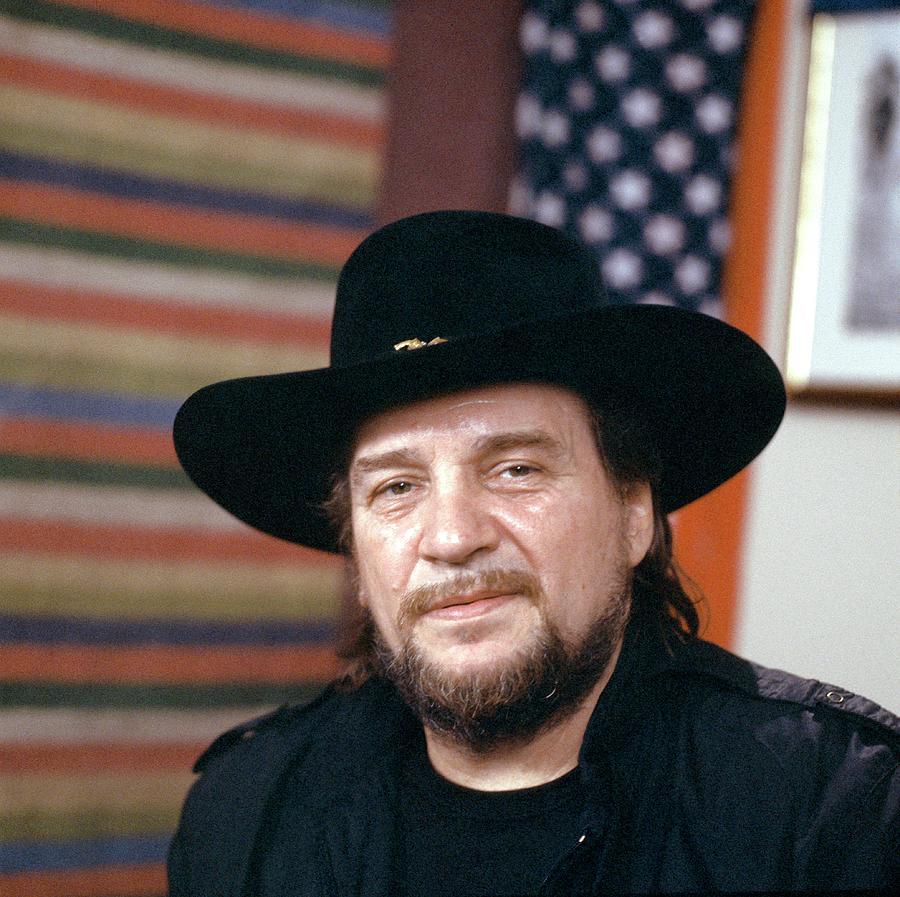
A Legacy Carved from Pain and Resilience
The story of Waylon Jennings and February 3, 1959, is more than a tale of survival. It is a reminder of how fragile life can be, how a single choice can alter the course of history, and how tragedy can shape a legacy.
For Jennings, the night was both a curse and a turning point. He carried the memory of Buddy Holly, Ritchie Valens, and The Big Bopper with him, honoring them not through words alone but through a life dedicated to music.
More Than Just a Night in History
“The Day the Music Died” is often remembered for the silence it brought to the rock and roll world, but Waylon Jennings’ story reminds us that it also marked the beginning of something else: resilience, reinvention, and the determination to keep music alive.
His life is proof that sometimes survival comes with a burden—but also with a responsibility: to live, to create, and to ensure that those who were lost are never truly forgotten.

